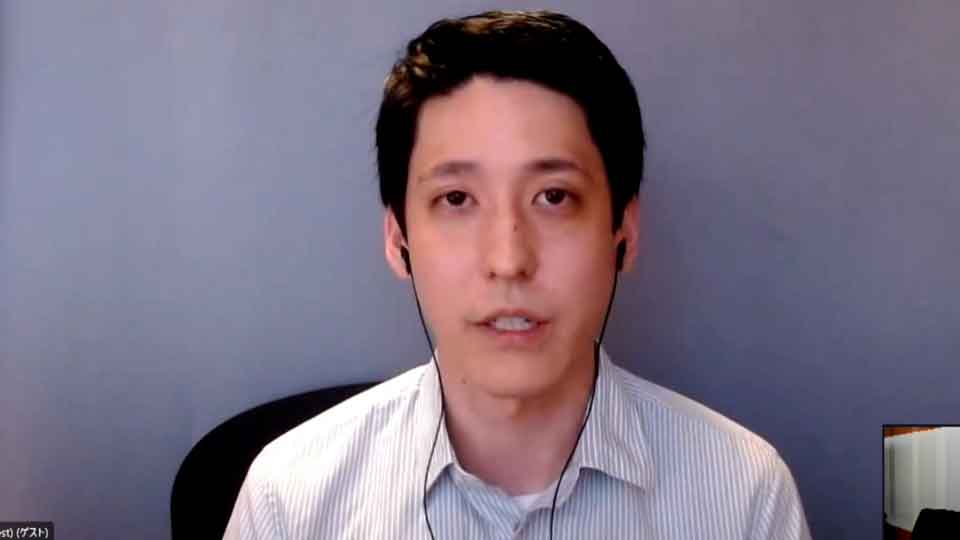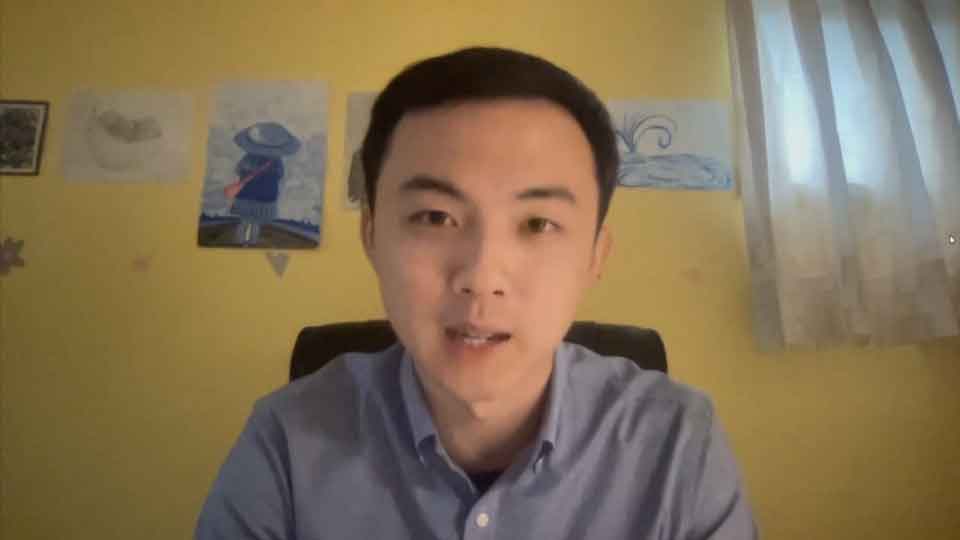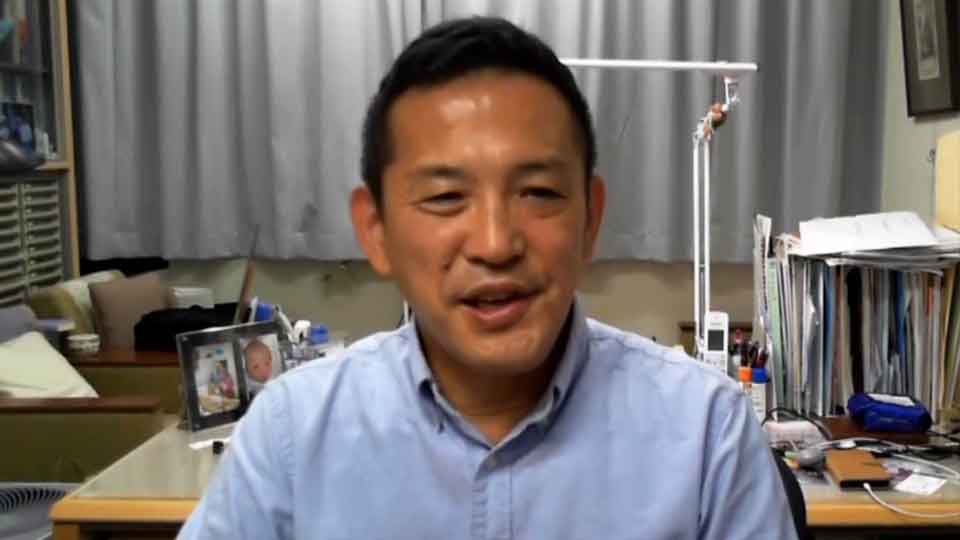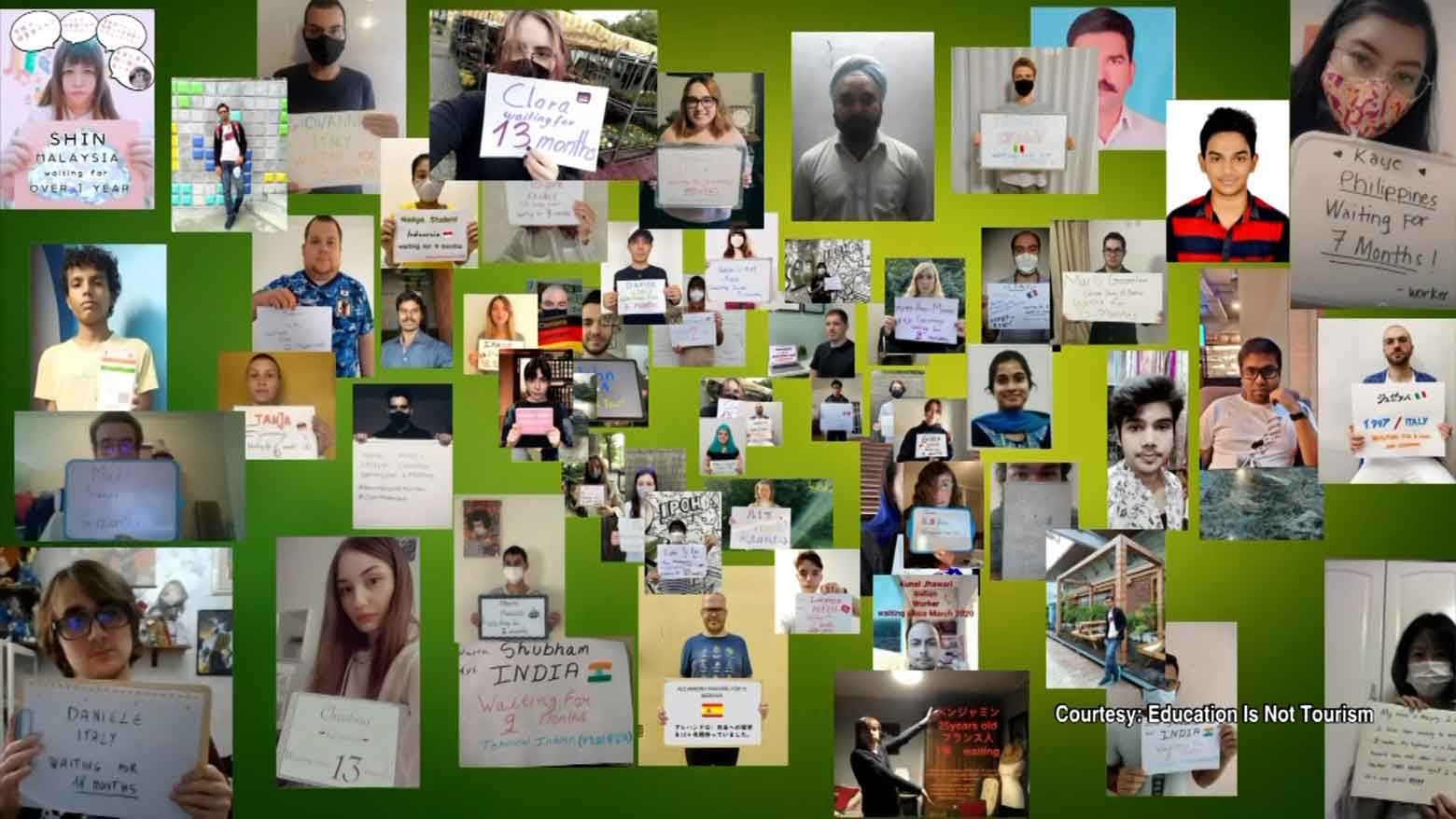Japan’s pandemic border restrictions have put life in limbo for tens of thousands of people from around the world. Many students and workers have been waiting for up to a year and a half to enter the country --- with no end in sight.
“Life on hold”
Japan’s border ban has been an enormous test of patience for 30-year-old Terrence Chida. The American software engineer landed a job in Tokyo just as Japan’s government was closing the doors to new arrivals.
“You start to kind of feel like you’re forgotten and neglected and it’s almost like they don't care,” says Chida, who dreamed of living in Japan.
After a software engineering outsourcing company in Tokyo offered him a job, he planned to move in June of last year, but he's been stuck ever since. It’s been over a year.
“If there’s one thing I could ask the government to do, it’s just give a timeline,” says Chida.
He says Japan’s government has been incommunicado about when workers like him will be allowed to get visas and enter the country. He’s desperate for officials to offer more clarity.
“Even if it’s an estimate or something like what the COVID case numbers need to be, what the vaccination rate needs to be,” says Chida.

The ban on new entries has also cut off the flow of international students. Japan is the only member of the G7 that still bars the vast majority of them from entering the country.
According to the Immigration Services Agency, almost 122,000 international students were able to enter Japan in 2019. But in the first seven months of this year, only about 7,000 students have been allowed in.
Canadian Masters student Jeremy Tsai enrolled in a Japanese university in the spring, but he hasn’t been able to enter Japan. The entry ban has forced him to take his classes online from his parents’ home in Canada on Japan time from 8 P.M. to 4 A.M.
“Having to adjust my sleeping schedule because of this restriction affected my relationship with my family and my friends,” says Tsai. “I also was working part time in the beginning, but I had to quit because I couldn’t handle it.”

He says he’s found it difficult to watch the government allow certain groups to enter Japan under what officials call “special exceptional circumstances”. Tsai was especially frustrated watching Japan allow tens of thousands of people into the country for the Olympics, while it continued to ban students.
“We want to study Japanese language, culture, history and many different things,” says Tsai. “And yet singers and DJs and Olympic athletes are more important than us. I couldn’t understand the reason behind it.”
“Giving up on Japan”
The continued entry ban is causing some people to give up on Japan, including 22-year-old Joana Gubau from Spain.
“I feel pity about myself sometimes, thinking like I could be in Tokyo right now,” says Gubau, who has been studying Korean at a university in South Korea since June.
Before the pandemic, Gubau dreamed of moving to Japan to learn Japanese and fashion. But with the government not providing any timeline for allowing international students into the country, she decided she couldn’t wait any longer.
She is likely not alone. A survey by a group of six associations representing Japanese language schools suggests that at least 6,000 people have now canceled their study plans here. Morishita Akiko, who helped conduct the survey, says the current trend is causing serious concern.
“We’re getting more cancelations day by day as the situation remains uncertain,” says Morishita.
Watch video: 03:54
Professor Kondo Sachihiko who heads the Japan Association for International Student Education says there’s also worry the entry ban could cause long term damage to Japan. He’s especially concerned about the ability to attract people with high-level knowledge and skills.
“It’s clear that Japan’s population is not increasing any further,” says Kondo. “The birthrate will continue to decline. It’s absolutely necessary to acquire excellent human resources from outside the country and have them support the country together, or at least have them become fans of Japan and support the Japanese economy and international relations.”

Kondo adds that if the ban continues, many language schools, where most international students first enroll, will go bankrupt without students to pay tuition. He says it means the country will be forced to rebuild its system for attracting and accepting international students after the pandemic is over. He describes the situation as “devastating” for Japan.
“Pressure on government”
Japan’s government is now facing significant pressure to open up to students and workers, or at least to provide more clarity about when it will. Groups representing Japanese language schools, universities and companies that rely on foreign employees have created petitions or are now lobbying politicians.
On September 28, then-Prime Minister Suga Yoshihide answered a reporter’s question about the government’s plans for people wanting to move to Japan.
“With regard to the entry of foreign students into Japan, we will positively consider this matter based on the progress of vaccination in Japan and the status of infection in Japan and abroad,” Suga said at a news conference.
The border ban will be an issue facing new Japanese Prime Minister Kishida Fumio. Ministers from G7 countries met on September 30 to discuss reopening international travel and agreed on a set of seven core principles for safe and sustainable reopening of borders.
Meanwhile, in response to a request for information from NHK World Japan, Japanese immigration officials would not give a timeline or details on ending or loosening the restrictions.
Daily infection cases are sinking to the lowest level in more than a year and Japan’s vaccination rate is still rising, with almost 65 percent of the population having received two shots. Experts say the government needs to act quickly to open up, before more people walk away from their plans to study or work in Japan.

